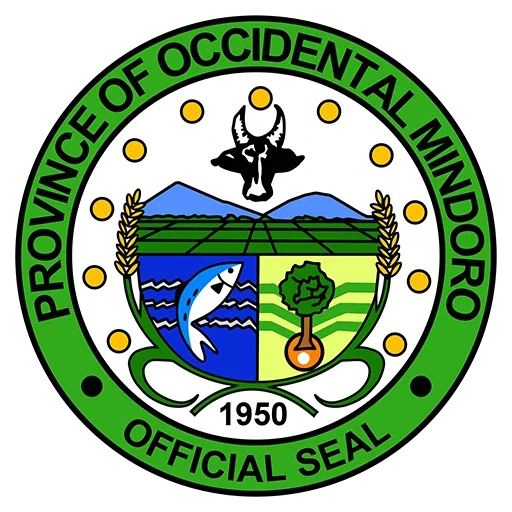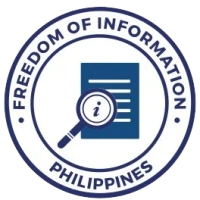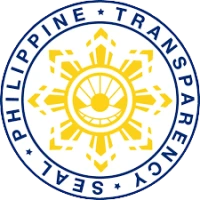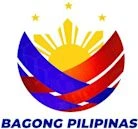With its mandate to safeguard, advance and uphold the welfare and rights of the province’s vulnerable sectors, including senior citizens, persons with disabilities (PWDs), youth, solo parents, women, and other marginalized individuals, the Provincial Social Welfare and Development Office (PSWDO) launched a series of impactful programs throughout 2024.

Building on its previous successes, the PSWDO implemented a comprehensive program in 2024 with a total of Php 1,230,768.00 to combat Trafficking in Persons (TIP) and Violence Against Women and Children (VAWC), in alignment with Republic Acts such as the Magna Carta of Women (RA 9710); the Anti-Trafficking in Persons Act (RA 9208); and the Anti-Violence Against Women and Their Children Acts of 2004 (RA 9262). Through strong partnership with the DSWD and LGUs, the program reached 594 beneficiaries, including both victims and participants who underwent gender sensitivity training, skills development, and awareness initiatives to combat gender-based violence. Despite challenges in accessibility and fully internalizing the laws, the program was successful on empowering men and women, raising awareness and promoting gender equality. These efforts continue with effective monitoring, appropriate fund allocation, and active participation from various sectors, ensuring gender-responsive interventions that address the specific needs of both men and women across all communities and further strengthening the fight against TIP and VAWC.

The “Support and Services for Persons with Disability” project implemented by PSWDO, with a budget of Php 2,260,196.50, aimed to enhance the quality of life for persons with disabilities (PWDs) by ensuring their equal and equitable access to various aspects of life, including productivity, employment, education, housing, and socio-recreational activities. The program also sought to raise public awareness about the issues faced by PWDs, their rights to social equity, and their contributions to the workforce. Activities included the hiring of additional staff to support PWD initiatives, regular meetings of disabilities, and observances such as the National Rare Disease Week and National Cancer Consiousness Week.
Training sessions were conducted to support children with developmental delays, and assistance was provided through cash incentives, monthly pensions for indigent bedriddenn PWDs and livelihood programs. Overall, the projects has contributed to reducing disabilities, promoting eraly detection and enhancing the capabilities of PWDs in the province.






